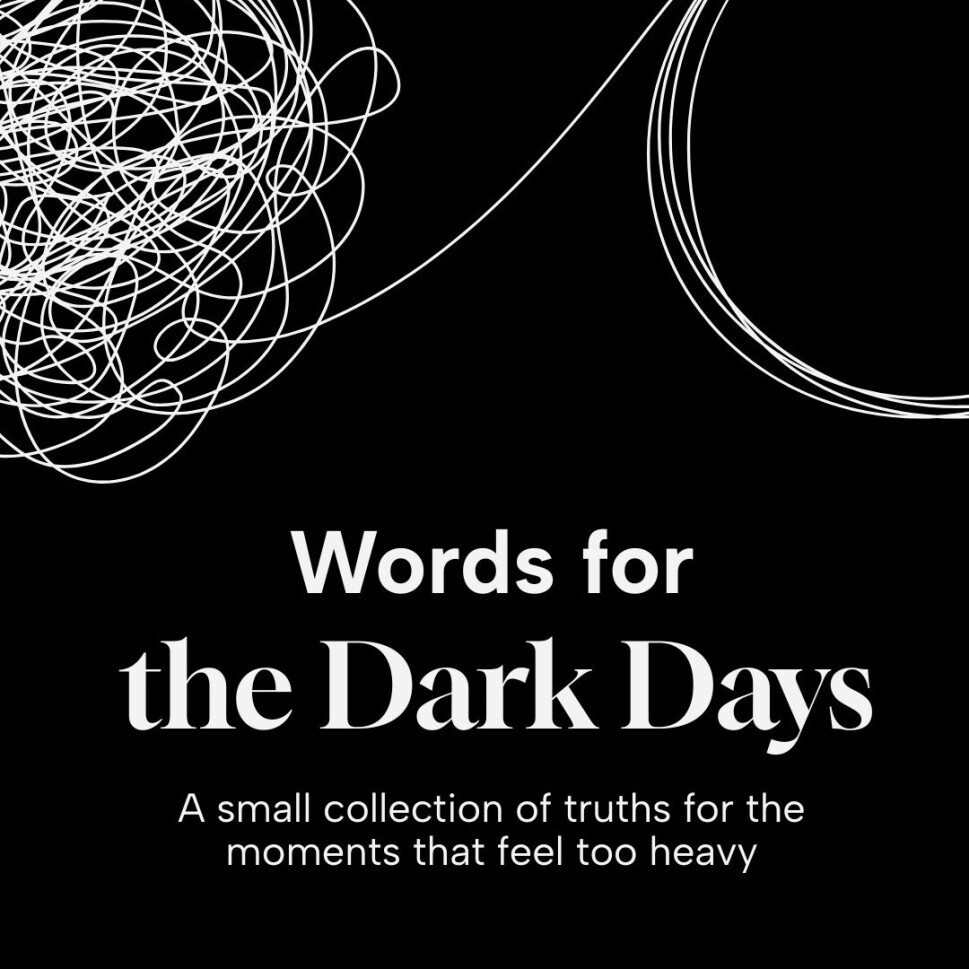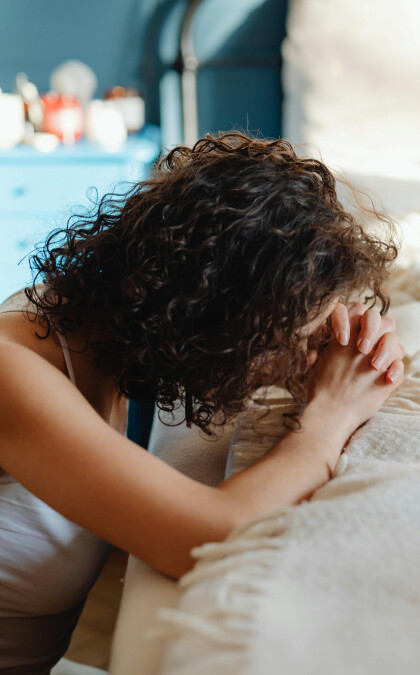
Depression
Find tools and information to help you when you feel depressed
More than 300 million people worldwide have a depression, you are not alone

What is Depression?
Depressive disorder, or depression, is a common mental health condition that can happen to anyone. It is characterized by a low mood or loss of pleasure or interest in activities for long periods of time.

Causes of Depression
Genetics: Depression can run in families, suggesting a hereditary component.
Brain chemistry: Imbalances in neurotransmitters (like serotonin, dopamine, and norepinephrine) can affect mood regulation.
Hormonal changes: Thyroid problems, postpartum hormone shifts, or menopause can trigger depressive episodes.
Medical conditions: Chronic illnesses, neurological disorders, or certain medications can lead to depression.
Trauma or stress: Early childhood trauma, abuse, or neglect can increase vulnerability.
Personality traits: Low self-esteem, perfectionism, or high sensitivity to stress may predispose someone.
Cognitive patterns: Negative thinking, rumination, and pessimistic outlooks can contribute.
Life events: Loss of a loved one, financial problems, unemployment, or major life changes.
Social isolation: Lack of social support or meaningful connections can trigger or worsen depression.
Chronic stress: Long-term stress at work, school, or home can be a significant factor.
Poor sleep or nutrition: Irregular sleep patterns or deficiencies in nutrients (like vitamin D or omega-3) may influence mood.
Substance use: Alcohol or drug misuse can both cause and worsen depression.
Lack of physical activity: Sedentary lifestyle may negatively impact brain chemistry.
Types of Depression
Sometimes people feel really sad or tired for different reasons. Big Sadness (Major Depression) makes you feel unhappy most of the time. Long Sadness (Dysthymia) is a little sad every day for a long time. Ups and Downs (Bipolar) is when you feel super happy sometimes and very sad other times.
Winter Sadness (SAD) happens when it’s dark and cold outside. Baby Blues (Postpartum Depression) can make new moms feel sad after having a baby. Some people feel very sad and have scary thoughts (Psychotic Depression), or get sad because of big changes in life (Situational Depression). Everyone’s sadness is different, and they need different help.
Depression Symptoms
Changes in sleep (insomnia or oversleeping)
Changes in appetite or weight (eating too little or too much)
Low energy, fatigue, or feeling “slowed down”
Restlessness or inability to sit still
Withdrawing from friends, family, or social activities
Unexplained aches, pains, or digestive problems
Persistent sadness, emptiness, or hopelessness
Loss of interest or pleasure in activities once enjoyed
Feeling worthless, guilty, or ashamed
Trouble concentrating, remembering, or making decisions
Irritability or frustration, even over small things
Thoughts of death or suicide
Overcoming Depression with Faith
Overcoming depression with faith involves prayer, Scripture meditation, community support, gratitude, and self-care. Faith doesn’t always instantly remove the signs of depression, but it provides hope, perspective, and God’s presence through the struggle.
Psalm 34:18
Matthew 11:28
Romans 15:13
Psalm 34:18
“The Lord is close to the brokenhearted and saves those who are crushed in spirit.”
Matthew 11:28
“Come to me, all you who are weary and burdened, and I will give you rest.”
Romans 15:13
“May the God of hope fill you with all joy and peace as you trust in him, so that you may overflow with hope by the power of the Holy Spirit.”




